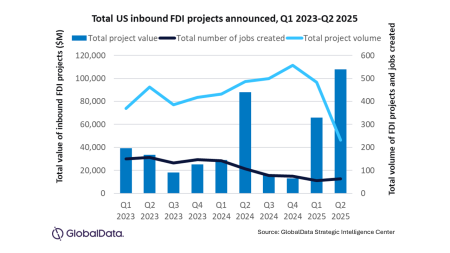 11 September 2013, Lagos – As the Nigeria Sovereign Investment Authority, NSIA, works towards implementing the Sovereign Wealth Fund, SWF, a report has said the initial $1 billion seed capital for the fund is too small, relative to other oil producing countries with such initiative.
11 September 2013, Lagos – As the Nigeria Sovereign Investment Authority, NSIA, works towards implementing the Sovereign Wealth Fund, SWF, a report has said the initial $1 billion seed capital for the fund is too small, relative to other oil producing countries with such initiative.
A peer review of the ratio of daily oil production to the size of the SWF for each of the petrodollar countries, suggested that the amount set aside for the fund by the federal government was very minimal.
The report by BGL Securities Limited revealed that while Norway, the country with the single largest SWF of $737.2 billion, has daily oil production of 1.92 million barrels per day (bpd); Saudi Arabia with $657.9 billion has 11.55 million bpd production; United Arab Emirates, UAE, with $627 billion has 3.21 million bpd production and Kuwait with $386 billion produces 2.78 million bpd.
Furthermore, it showed that Algeria with $77.2 billion has 1.8 million bpd oil production while Nigeria with only $1 billion set aside for the SWF produces about 2.2 million bpd.
The SWF, which at the moment operates side by side the Excess Crude Account, ECA, has three ring-fenced windows. These are the Future Generations Fund, Nigerian Infrastructure Fund and Stabilisation Fund, which would each get 20 per cent of the total sum, while the allocation of the outstanding 40 per cent would be determined by the board and management based on macroeconomic variables.
Globally, the primary functions of SWFs are to stabilise a country’s economy through diversification of resource-based revenue.
The report disclosed that the size of non-oil and gas-related SWFs at 41 per cent of global SWFs was impressively noteworthy. This, it said suggested that countries without natural resources endowments were also buying into the need to save for rainy days and the future.
It listed notable countries with sizable SWFs that are not funded from natural resources related funds to include China (over $1 trillion), Singapore ($285 billion), Australia ($88 billion), South Korea ($56.6 billion), Malaysia ($39.1 billion), France ($25.5 billion), among others.
“There is a lesson for Nigeria to learn from the foregoing. Petroleum production and exports currently play a dominant role in Nigeria’s economy and accounts for about 90 per cent of her gross earnings. This dominant role has pushed agriculture, the traditional mainstay of the economy till the early 1970s, into the background.
“During those periods, agricultural produce exports were the main source of foreign exchange earnings for the economy with the production and export of cocoa, groundnut, rubber, palm kernels and palm oil accounting for 96.4 per cent of total exports earnings; non-oil export products accounted for 97.3 per cent of total export then.
“In our opinion, those days can be conveniently brought back. Alongside the development of others sectors of the economy such as tourism, agriculture, sport, manufacturing, textile, amongst others, the diversification of the Nigerian economic base into agriculture will reduce the dependence on oil to fund the operation of the economy and so allow more savings into the SWFs,” the BGL report argued.
– This Day



